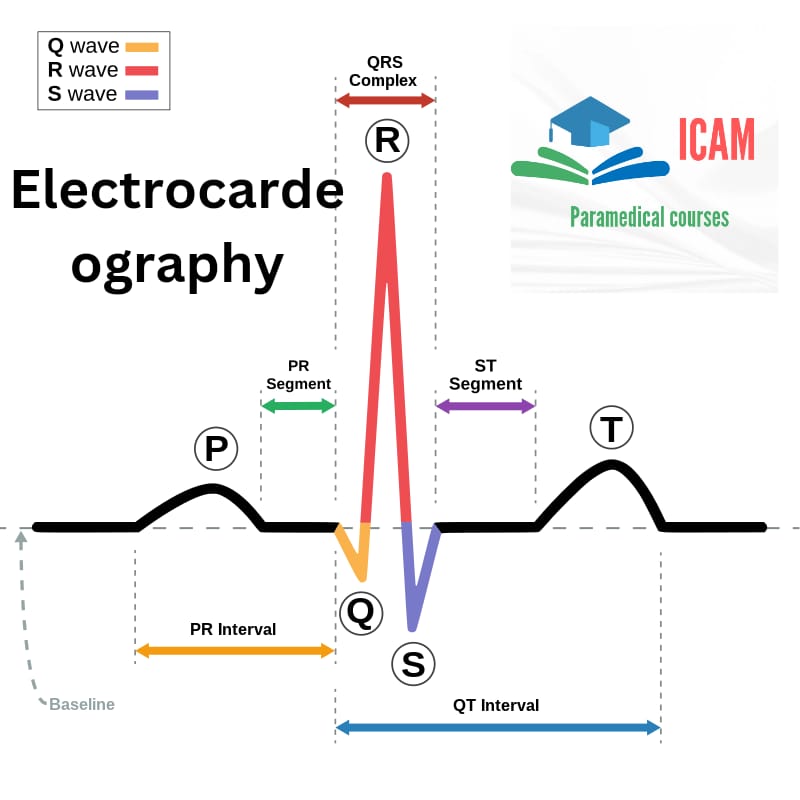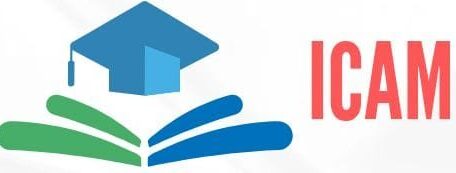Course Content and Syllabus: Electrocardiography (ECG) Course
Course Overview: The Electrocardiography (ECG) course offered by the Indian Council of Alternative Medicine aims to provide students with in-depth knowledge and practical skills in the field of electrocardiography. This course is designed to train individuals to become proficient in the interpretation and analysis of ECG readings, allowing them to assist in the diagnosis of various cardiac conditions. Students will learn about the anatomy and physiology of the heart, ECG recording techniques, identification of normal and abnormal ECG patterns, and the use of ECG in diagnosing cardiac disorders.
Course Duration: The ECG course has a total duration of six months, which includes theoretical instruction, practical training, and hands-on experience with ECG machines.

Course Content:
- Introduction to Electrocardiography:
- History and development of electrocardiography
- Importance and applications of ECG in clinical practice
- Anatomy and Physiology of the Heart:
- Structure and function of the heart
- Cardiac conduction system and electrical pathways
- Principles of Electrocardiography:
- Electrical properties of the heart
- Generation and conduction of cardiac impulses
- ECG Recording Techniques:
- Placement of electrodes on the body
- Proper patient positioning and preparation
- Normal ECG Patterns:
- Interpretation of normal sinus rhythm
- Understanding the P, QRS, and T waves
- Abnormal ECG Patterns:
- Identification of arrhythmias and conduction abnormalities
- Recognition of ST segment changes and T wave abnormalities
- ECG Lead Systems:
- Introduction to bipolar and augmented leads
- Application and interpretation of different lead configurations
- ECG Artifacts and Troubleshooting:
- Common sources of interference and artifacts in ECG recordings
- Techniques to minimize and correct artifacts
- ECG Interpretation and Analysis:
- Identification and interpretation of various ECG abnormalities
- Correlation of ECG findings with cardiac conditions
- Special ECG Tests and Procedures:
- Exercise stress testing
- Holter monitoring and ambulatory ECG recording
- ECG in Cardiac Disorders:
- Role of ECG in diagnosing and monitoring heart diseases
- ECG findings in myocardial infarction, arrhythmias, and structural abnormalities
- Legal and Ethical Considerations:
- Patient privacy and confidentiality
- Professional and ethical responsibilities in ECG practice
Note: The course content provided above is a general outline and may vary depending on the specific curriculum offered by the Indian Council of Alternative Medicine. It is advisable to refer to the official course materials and syllabus provided by the institution for the most accurate and up-to-date information
